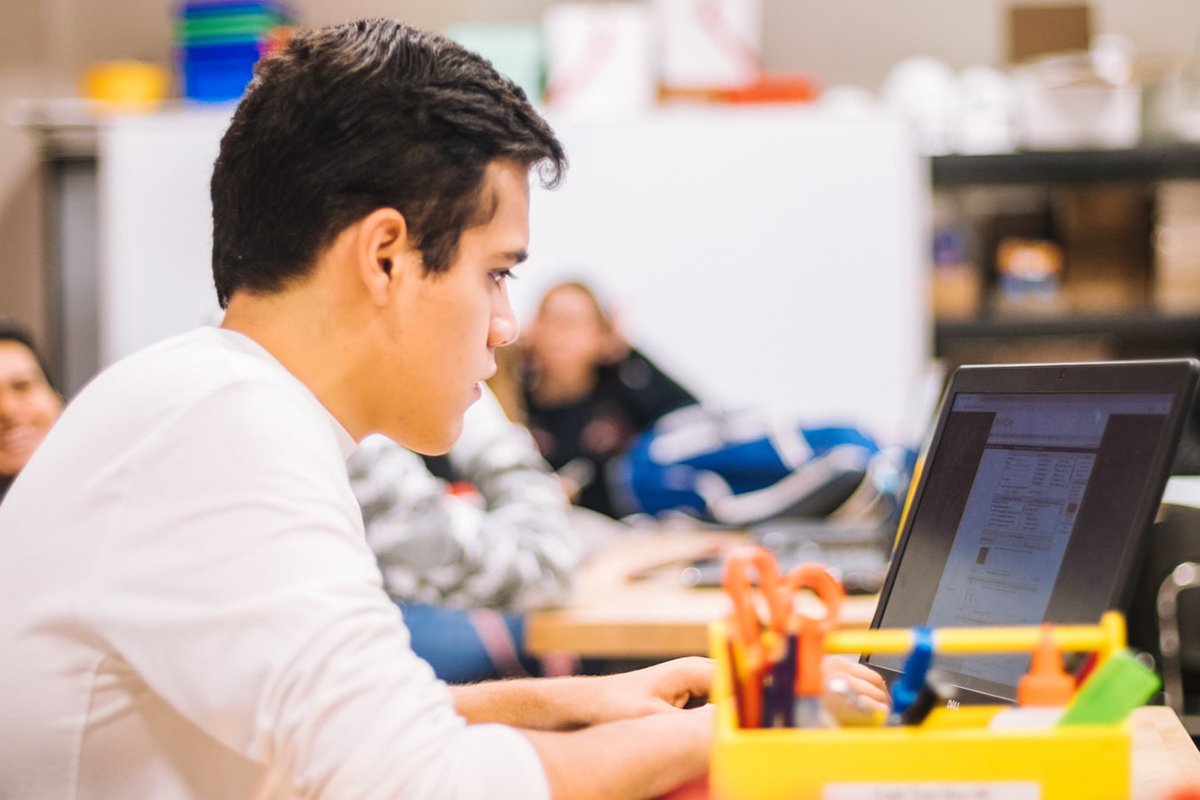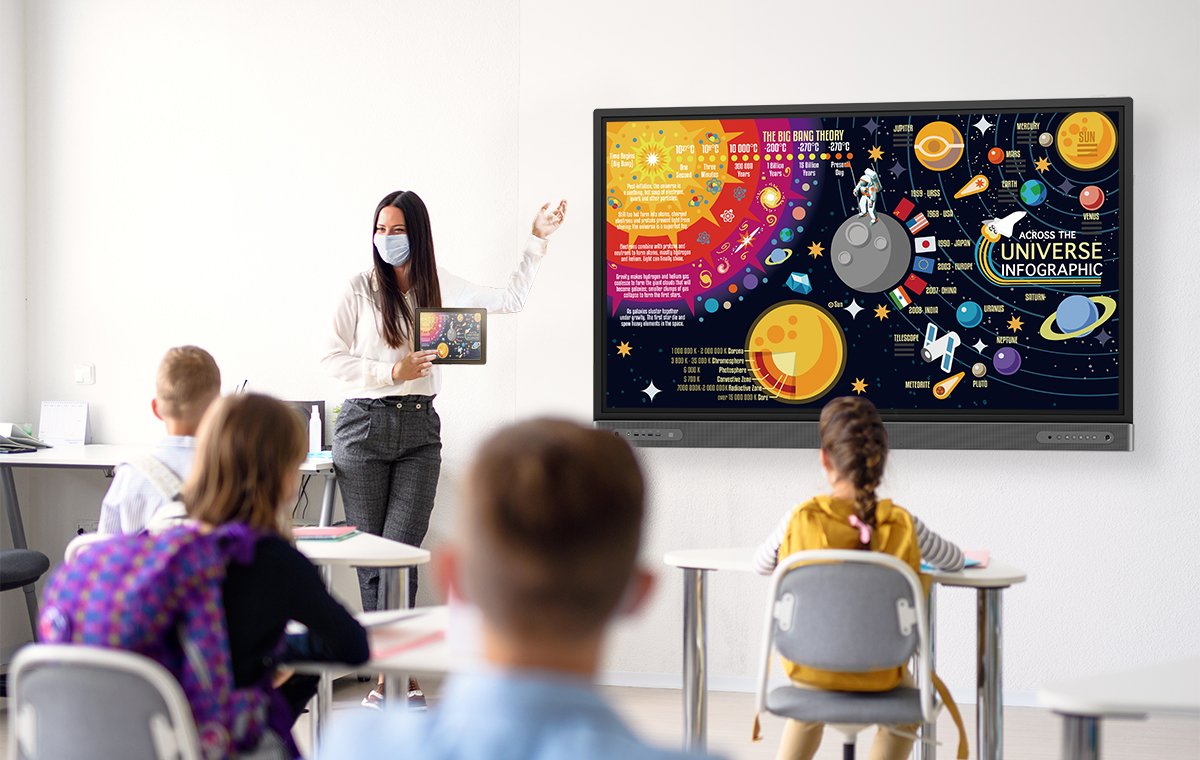Building an Ideal Smart Classroom for Blended Learning - Key Elements to Consider
- BenQ
- 2021-03-25
When it comes to education, Covid19 is proving to be a greedy thief, stealing valuable learning time from students around the world. Virus-induced closures meant no classes for many K-12 schools, for at least some of the first half of 2020. A survey conducted by OECD/Harvard, of more than 30 countries, estimates an average of 30 school days were lost due to closures by May 2020. For many schools, normal operations have yet to resume, meaning lost hours of learning are sure to continue.
The impact is as detrimental as it is undeniable. A study released by global management consults, McKinsey & Company, shows that in the US, white students have fallen behind one to three months in math, while students of colour lost three to five months. In order to arrest the damage to student’s education, schools have turned to a blend of in-person and online learning. As a result of adopting hybrid learning, digital transformation in K-12 schools has accelerated rapidly.

COVID-19 has taught us that we need a more resilient education system; one that can cater for unforeseen circumstances in the future. Several countries are taking a pro-active approach and are heavily injecting funds into EdTech. For example, the NSW government in Australia has committed to invest $A366 million in the state budget over two years to close the digital gap in schools. The funds will be spent on re-equipping regional K-12 schools, upgrading classrooms and upskilling teachers, to provide state of the art distance education platforms and digital education resources.
Technology will never replace a great teacher, but great teachers can harness the right technology to amplify engagement and improve learning outcomes. Renowned American business magazine, Forbes, has identified six top digital transformation trends in education. Two trends of note include the move towards classroom sets of devices and the redesign of learning spaces.

There are several criteria K-12 school principals and ICT managers should consider, when purchasing technology to build a classroom that’s fit and ready for hybrid learning:
There are many success stories of upgrades using BenQ classroom technology. Al Aqsa Private School, in Saudi Arabia, recently upgraded their equipment so teachers could host live virtual classes from the school whilst simultaneously teaching in-person students. The results have been transformational, for both students and teachers. For more about this case study click here.
With the right technology and dedicated teachers, students and parents need not worry about losing more learning hours to this pandemic – or indeed another one. BenQ – helping schools to build better blending learning classrooms.